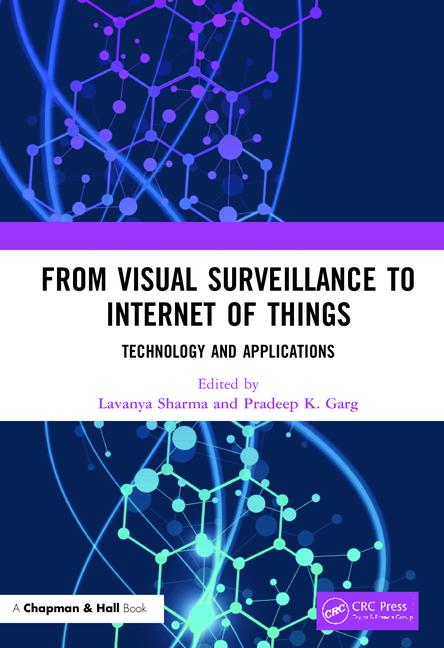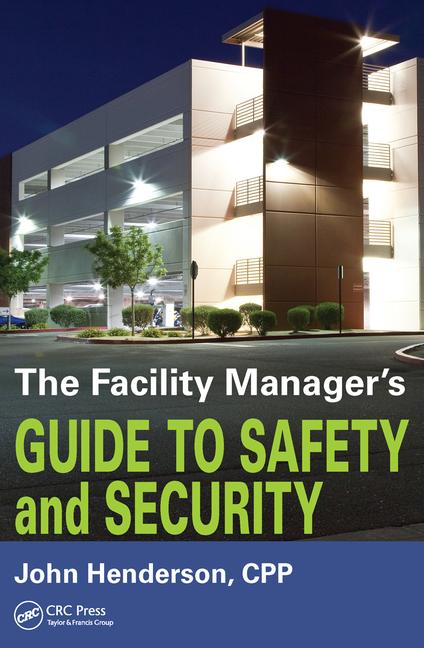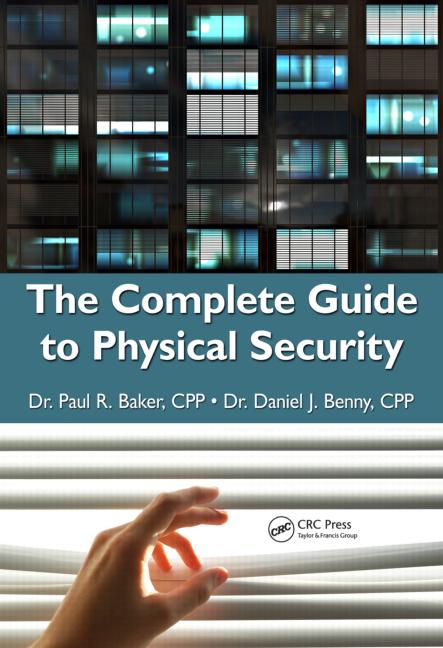
|
| PHOTO COURTESY ILLINOIS DEPARTMENT OF LABOR |
On February 14, 2014 as SDM previously reported, Illinois Representative Timothy L. Schmitz (R) introduced House Bill 5683 (HB5683), an amendment to the Fire Protection District Act to allow the adoption of ordinances regulating the supervision and monitoring of fire alarm systems maintained within a district.
On March 3, 2014, the bill was moved to the state’s Executive Committee of the House. If Schmitz calls the bill for review and it is approved by the committee, the next step would be for the bill to continue on to another committee or to go in front of the House.
According to the synopsis, Illinois House Bill 5683“allows the board to collect reasonable fees for fire alarm services that are provided to customers by the district itself or through a vendor approved by the board.” The bill also amends the Private Detective, Private Alarm, Private Security, Fingerprint Vendor, and Locksmith Act of 2004 and exempts a unit of local government or its employee from the state licensing requirements that alarm companies are held to.
“If 5683 passes, it allows fire protection districts in Illinois to enter into the alarm monitoring industry legally,” Kevin Lehan, executive director of the Illinois Electronic Security Association (IESA) told SDM. While the precipitant and timing behind the bill is not entirely clear, and calls to Rep. Schmitz’s office were not returned, Schmitz’s biography on the Illinois General Assembly website lists Part-Time Firefighter for the City of Batavia, Ill., as one of his occupations.
The bill seemingly would circumvent the Lisle Woodridge Fire District (LWFD) ruling by the U.S. Court of Appeals for the Seventh Circuit in July 2013 that ruled in favor of private monitoring companies, upholding an earlier decision by a federal judge who said fire districts do not have the authority to be in the monitoring business, nor charge fees for such monitoring.
The case was regarding LWFD’s 2009 ordinance requiring businesses to cancel private contracts for alarm monitoring and dispatch services and use the LWFD dispatch services for a monthly fee. Several security industry companies sued LWFD after the ordinance was adopted and the case went before the Federal U.S Court of Appeals twice. Since the last ruling in July 2013, it was reported that LWFD was considering an appeal to the U.S. Supreme Court on the matter.
The language of HB5683 is not specific on whether private monitoring services and fire protection districts could be providing services to members in the same community, or whether districts could require businesses to only receive monitoring services through the district itself. But, said Lehan, the bill could open up the possibility that communities would pass ordinances similar to the Lisle Woodridge Fire Department ordinance of 2009.
“We are very surprised by how vague the language is,” Lehan told SDM. “It does not exclude licensed alarm contractors, however, we believe that with the ability for them to be in the market, that would open up the legal possibility that these communities would enact ordinances allowing this or giving exclusivity to the fire protection district for monitoring.”
Should a bill such as HB5683 pass, it could have implications across the country. “Every legislature is looking for ways to garner revenue,” warned Lehan. “If something like this receives endorsement here or in any other state, it would certainly get attention in other states as a potential revenue stream.”
The IESA has made a call to those in the industry to join the association in contacting its lawmakers in opposition of HB5683. For more information or to join IESA’s efforts, visit www.iesa.net.






